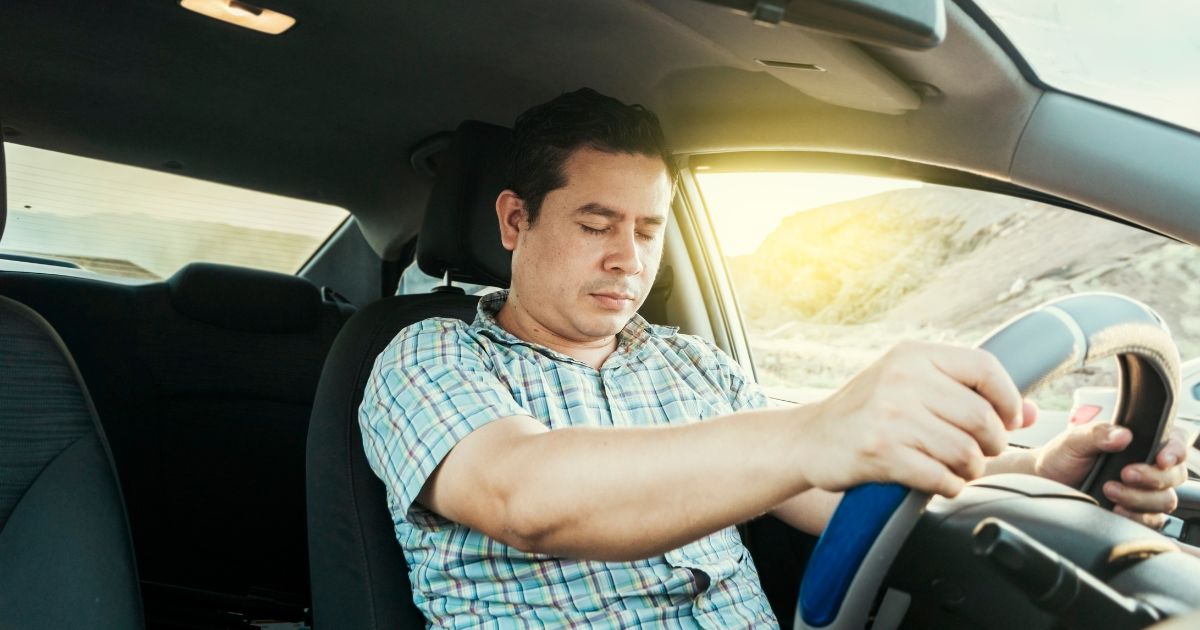Winter is when more people come down with colds, flu, and other illnesses, but year-round sicknesses like stomach problems can also put you under the weather. While a few sniffles and sneezes should not compromise your safety, there are times when you should not drive when you are sick.
Does Illness Affect Driving?
Severe colds or the flu can make drivers feel lethargic, dizzy, or feverish – all are good reasons to call in sick. The first reason is to avoid spreading germs and infecting others. It has also been shown that driving skills can decrease by up to 50 percent when people are ill, thanks to poor concentration levels and slower reaction times.
A stomach bug can also be worrisome because a driver might experience significant pain or need to pull off the road. Here are other sicknesses to avoid driving with:
- Ear infections, which can cause disorientation and dizziness
- Eye infections because they often lead to blurred vision
- Acute conditions like kidney infections and urinary tract infections
If you have a sudden onset of symptoms while driving, it might be best to pull over somewhere safe and contact a friend for a ride. Illnesses can be very distracting if you are behind the wheel of a car, so the sooner you do that, the better.
Some cold symptoms can mirror those of intoxication: fatigue, dizziness, and an inability to focus on the task at hand. A Cardiff University study revealed that driving with a cold can be compared to DUI. People with colds showed slower reaction times, but just as importantly, drivers take their eyes off the road when they sneeze. A quick one averages three seconds, but severe colds can lessen driver situational awareness up to 33 percent.
Can a Sick Driver Be Held Responsible for Causing a Car Accident?
Since sickness can affect concentration and reaction times, people who drive in this condition can be seen as violating the duty of reasonable care. They are responsible for being in good physical condition when behind the wheel, and driving when sick can impact that ability.
On the other hand, some drivers feel okay when they first head out, but their conditions deteriorate. They might have a sneezing fit, start having sharp pains, or experience motion sickness. Moving away from traffic and keeping someone safe is vital when that happens.
What Evidence Proves That a Driver Was Sick?
While people with bad colds might not be treated for them, they might have visited the pharmacy to fill a prescription or buy over-the-counter medicine. Car accident lawyers can broaden discovery requests and may be able to find evidence of those purchases.
Privacy laws make this more challenging, so it may be necessary to obtain a court order. Other evidence might include eyewitnesses who saw the driver making erratic moves, traffic camera videos, and work records showing time taken off for sick days.
A Mount Laurel Car Accident Lawyer at the Law Office of David S. Rochman Can Help You if a Negligent Driver Injured You
If you suffered injuries in an accident and suspect the other driver was sick, a knowledgeable Mount Laurel car accident lawyer at the Law Office of David S. Rochman can help. Call 856-751-2345 or contact us online to schedule a free consultation. Located in Mount Laurel, New Jersey, we serve clients in Burlington County and the surrounding areas.


